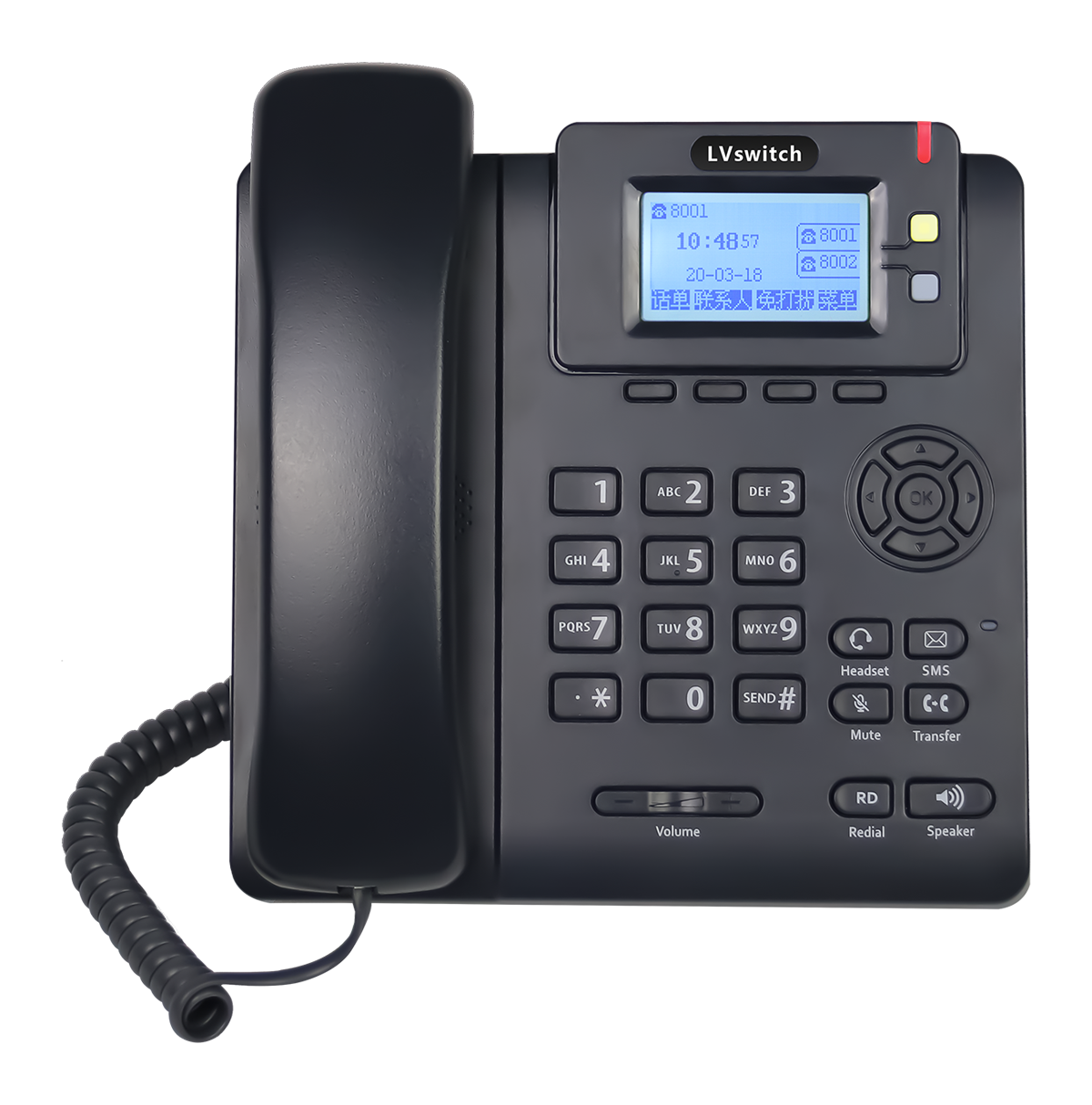IP telephony is a telephone service specially opened for the network technology content stipulated by the international Internet protocol. It is a brand-new communication technology that uses the Internet to transmit voice for voice and realizes voice communication. When we use an IP phone, we will find that its call quality is better than that of a normal phone. What is it that affects the call quality of an IP phone? What? In fact, the reasons that affect the quality of IP phone calls mainly involve three major problems: echo, slip and delay.
Current gateway devices have adopted relevant suppression measures for echoes and animations. Although the methods of related gateway devices are not satisfactory, generally speaking, it is better to solve the problem in this respect. The network traffic is related to the degree of congestion, especially when the delay exceeds 300 or 400 milliseconds, the subsequent voice and voice sound uncomfortable, and the delay problem is generally difficult to solve by the gateway. Therefore, solving the delay and improving the call quality becomes an IP phone technical challenge.
First of all, IP phones are connected to foreign Internet networks. There should be foreign exports. For example, the Shanghai Long-distance Telecommunications Bureau in Shanghai now has more than 100 megabytes. It wants to pave the way for the export of IP phones. The equipment and foreign network products should have an automatic routing mechanism, which can automatically and reasonably select the routing when the circuit is congested, block the flow, and reduce the delay.
Soon, the voice compression technology in mobile IP phones will be improved. If voice is sent at the world's 2.4kbit/s speed, the frequency of voice usage will decrease, which is a big leap for increasing network utilization and improving call quality. At present, a large number of foreign companies have made progress in this area.
Third, adopt the method of preferential transmission of voice information. That is to say, in the transmission, the voice information should be sent first, and the priority of the voice transmission should be the transmission of the data information, reducing delay, ensuring the call process, and improving the quality of the IP phone.
Current gateway devices have adopted relevant suppression measures for echoes and animations. Although the methods of related gateway devices are not satisfactory, generally speaking, it is better to solve the problem in this respect. The network traffic is related to the degree of congestion, especially when the delay exceeds 300 or 400 milliseconds, the subsequent voice and voice sound uncomfortable, and the delay problem is generally difficult to solve by the gateway. Therefore, solving the delay and improving the call quality becomes an IP phone technical challenge.
First of all, IP phones are connected to foreign Internet networks. There should be foreign exports. For example, the Shanghai Long-distance Telecommunications Bureau in Shanghai now has more than 100 megabytes. It wants to pave the way for the export of IP phones. The equipment and foreign network products should have an automatic routing mechanism, which can automatically and reasonably select the routing when the circuit is congested, block the flow, and reduce the delay.
Soon, the voice compression technology in mobile IP phones will be improved. If voice is sent at the world's 2.4kbit/s speed, the frequency of voice usage will decrease, which is a big leap for increasing network utilization and improving call quality. At present, a large number of foreign companies have made progress in this area.
Third, adopt the method of preferential transmission of voice information. That is to say, in the transmission, the voice information should be sent first, and the priority of the voice transmission should be the transmission of the data information, reducing delay, ensuring the call process, and improving the quality of the IP phone.
